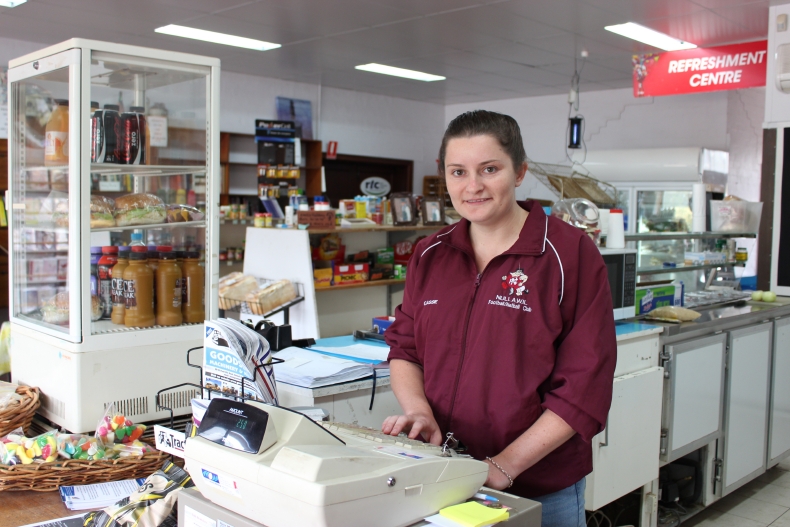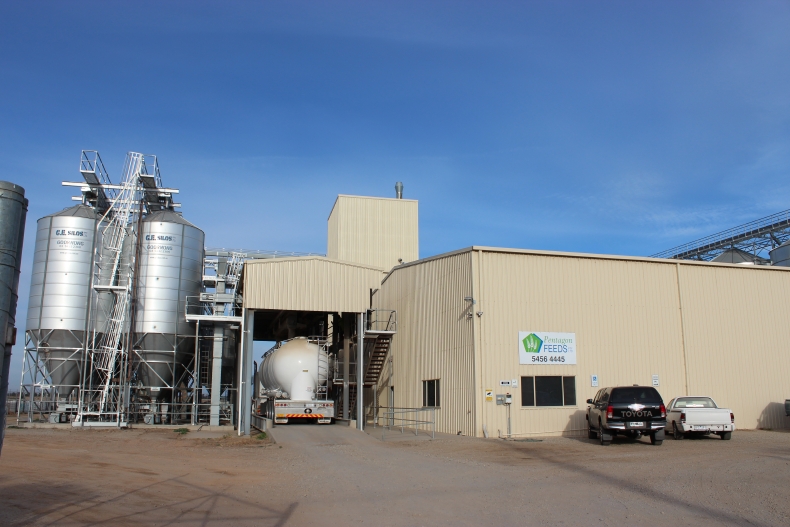Co-operatives: Time for a resurgence?
BY KERRY ANDERSON
GLOBAL disruption over the next few decades will herald a resurgence of interest in co-operatives. At least, this is what was suggested at a recent forum held in Melbourne.
Ever since the 19th century industrial revolution co-operatives have been formed world-wide to seek equity and access for their members. Some co-operatives have been spectacularly successful and others have fallen by the way. Everything from finance to electricity and pharmaceuticals has been formed through co-ops although increasing regulation is now making some sectors more difficult as a start-up.
Co-operatives are also common in rural Australia which got me wondering exactly what role they are currently playing and how they will be placed for the future.
From what I can derive, they are usually established in a rural context for one of two reasons.
One is to meet a gap in a local service. Thirty years ago, this was to provide childcare, as was the case in my home town of Castlemaine.
In small rural towns, some retail outlets have closed doors only to reopen as a co-operative; everything from the local pub to a supermarket. Considered integral to the community’s wellbeing, sometimes the general store is all that is left in a small agricultural town like Culgoa. Or towns like Sea Lake just don’t want to see another business close its doors as was the case when a co-operative recently took over the hardware store.
The second most common reason why a rural co-operative is formed is when primary producers seek to maximise profits by getting more control over the distribution and sale of their raw product.
For instance, the Berriwillock Grain Storage Co-Operative pooled their capital to build bunkers and silos strategically located for its 30 members. This enabled them to cut out the middle man and sell direct to end users.
Not everyone goes down the co-operative path. Five pork growers at Cohuna formed Pentagon Feeds as a company and have also enjoyed significant benefit.
Yes, there are the horror stories of the big co-operatives that have hit troubled waters. But, while they are managed closely by the members, there is far greater control even though no guarantees on a return are offered.
As I explore the important role that business plays in the health of rural communities, I can see that co-operatives do fit into the mix.
Not only do they help share the risk and benefits, as well as create employment opportunities, co-ops are a great opportunity for rural people to develop valuable skills whether it be governance, customer service, cash handling or stock control. And the children of the co-op members also have access to that same skills development as they grow up in a community environment.
Co-operatives with clear objectives and led by the community for the community, can be successful despite a dwindling population. The challenge is to continue to innovative and look for new opportunities in a rapidly changing landscape.
The future of our rural towns depends on it.
KERRY ANDERSON: A businesswoman, philanthropist and community advocate from Central Victoria, Kerry Anderson is passionate about rural and regional Australia. She works with small businesses and rural communities to help them embrace opportunities. READ MORE



